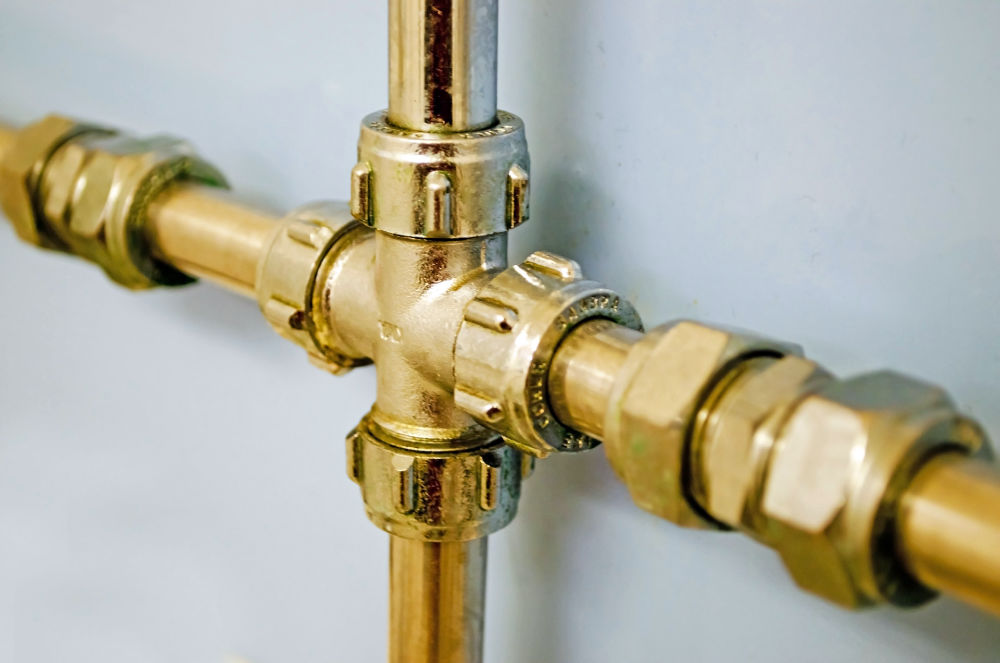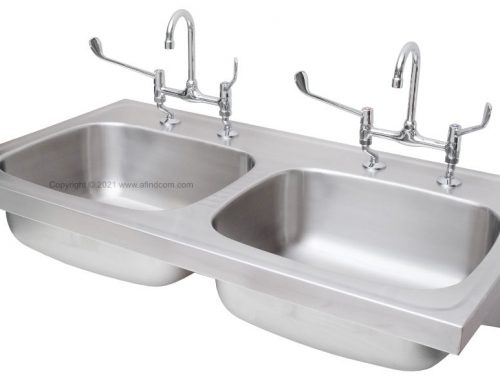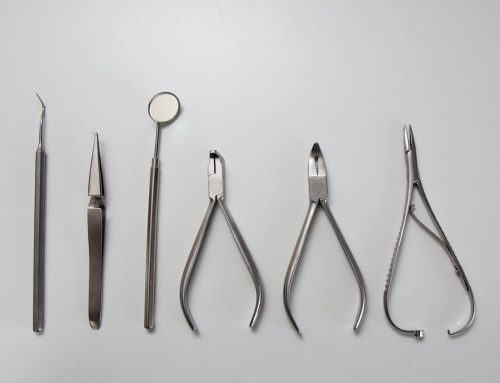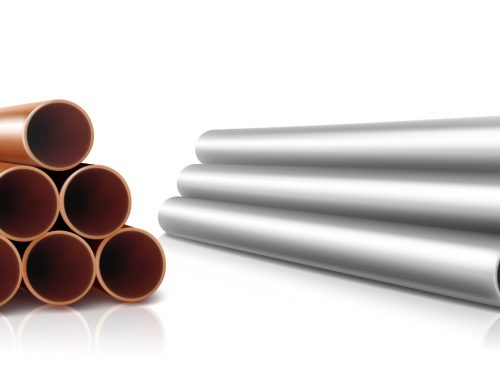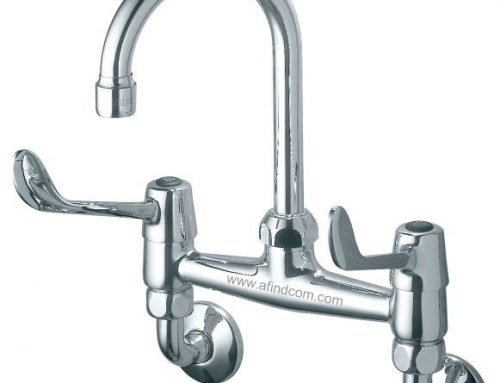The difference between standard brass and Dezincification brass (DZR)
Standard brass and dezincification-resistant brass (DZR brass) are two different types of brass alloys used in plumbing. Standard brass is not resistant to dezincification or corrosion.
Southern Africa, Australia, some parts of the UK and Europe have corrosive water which removes the zinc from standard brass. This weakens the brass and will cause the fitting to leak. This is especially problematic if the fitting is built into the wall like a medical tap.
Dezincification-resistant brass, also known as lead-free brass, is a type of brass alloy that is formulated to resist dezincification. This type of brass contains less zinc and more other elements, such as aluminum or tin, which help to prevent dezincification.
What type of water causes dezincification of brass plumbing?
Dezincification is caused by exposing standard brass to hard water. Hard water contains high levels of minerals, such as calcium (Ca) and magnesium (Mg), that can react with zinc (Zn) in brass alloys and cause dezincification. Corrosive water can also be either highly acidic, with low pH or highly alkaline, high pH.
How serious is dezincification? That depends on the quality, pH and temperature of the water. Higher concentrations of minerals and pH will increase the rate of dezincification.
To prevent dezincification in brass plumbing, it is recommended to use dezincification-resistant (DZR) brass or to install a water softener, which removes the minerals from the water before it enters the plumbing system. This can help to extend the life of the plumbing system and reduce the need for repairs. Water softeners are very expensive and not feasible in hospitals, clinics and food processing plants.
All our medical taps are made from DZR brass. In some rare cases it is not possible to get a tap or fitting in DZR brass. In these cases we will inform you and make sure that the part is not built into the wall so that it cannot be easily replaced.

